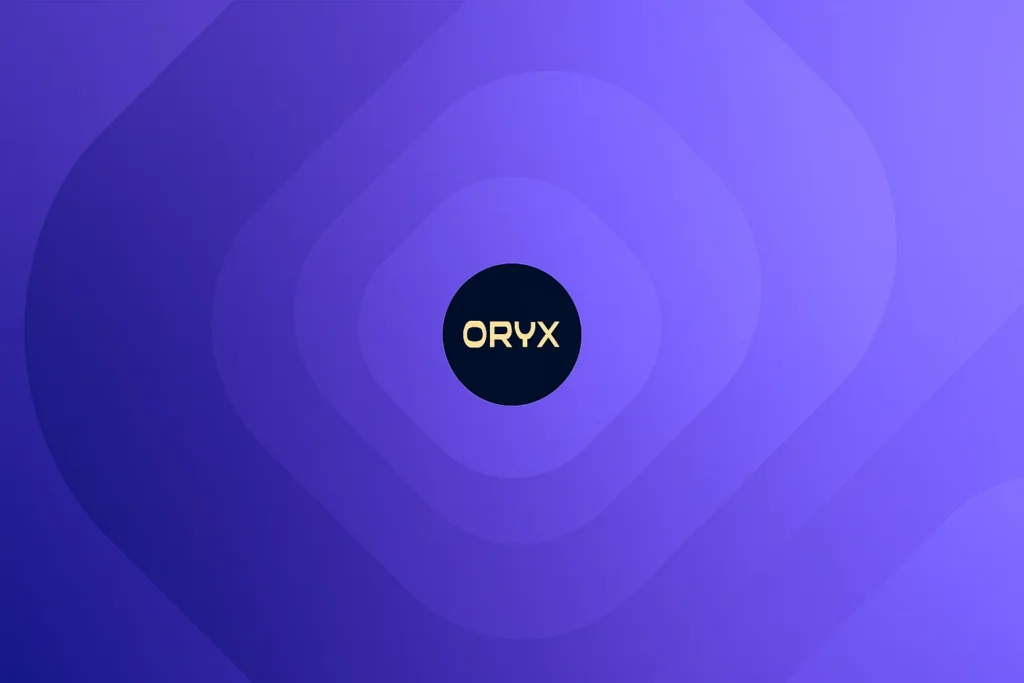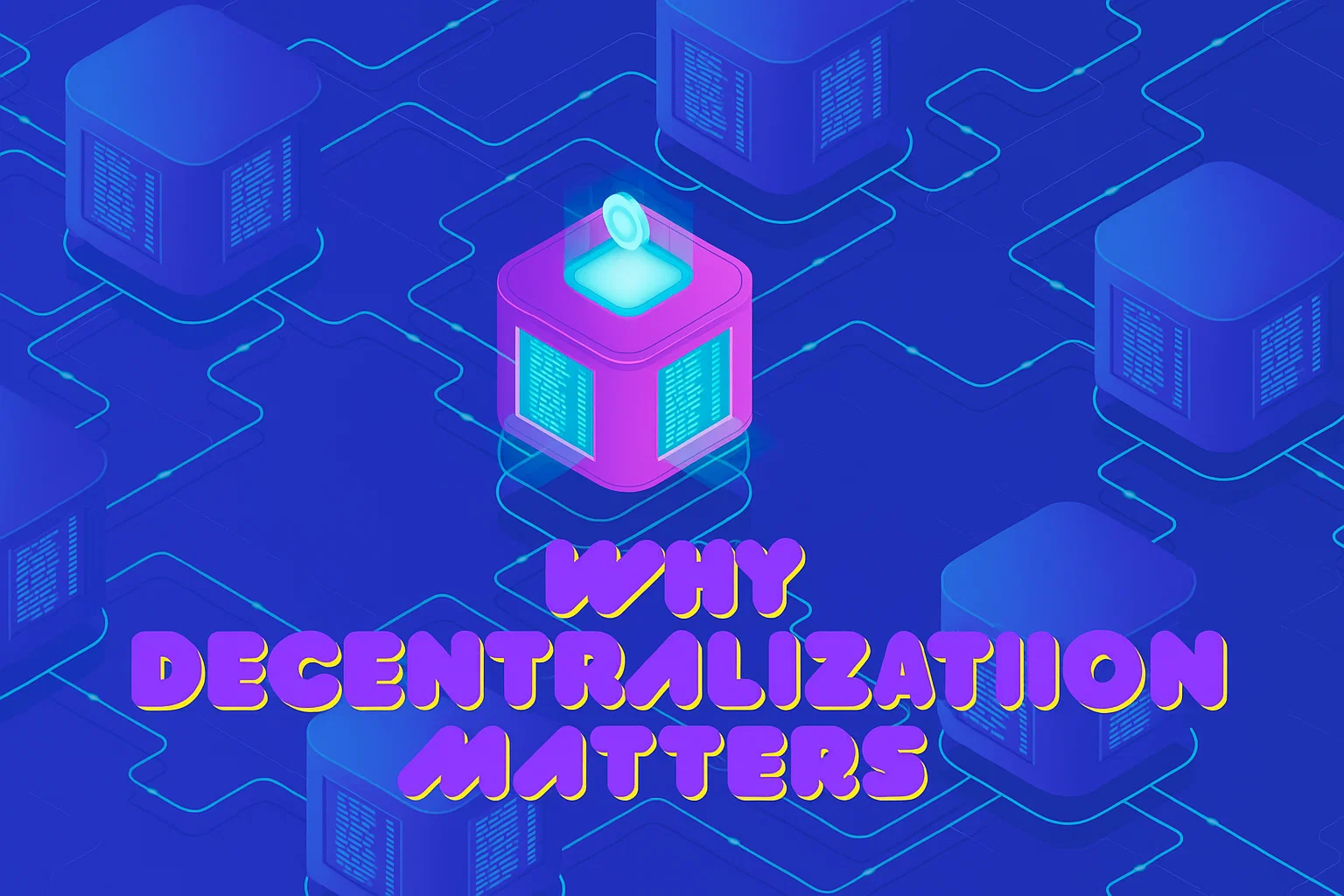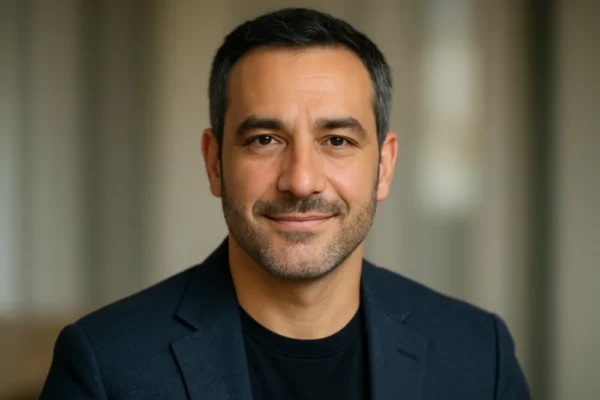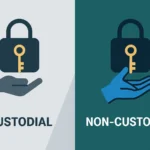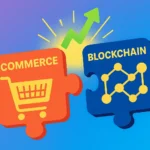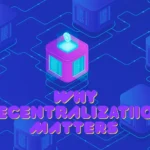Honestly, decentralization used to feel abstract. Some libertarian fantasy. Token holders waving manifestos about banks. But 2025 has made it… real. Unavoidable. The collapses of FTX, BlockFi, Celsius—catastrophes everyone forgot about too quickly—revealed something crucial. Centralized systems fail. Not maybe. Not eventually. They fail. And millions lose everything.
This isn’t theoretical. It’s personal.
The blockchain industry is at an inflection point. Regulatory frameworks are stabilizing across Europe, Asia, and even gaining clarity in the U.S. Institutional money’s flowing in. Enterprises are integrating blockchain into actual operations—supply chains, healthcare, government services. But here’s the tension: all this maturation doesn’t resolve the core question. Actually, it sharpens it. Does decentralization matter anymore, or has it become just… marketing copy?
The answer? It matters more than ever.
The Shift Nobody Predicted
Three years ago, centralized exchanges dominated. They had liquidity, user experience, brand recognition. They looked inevitable. Then something shifted. In Q2 2025, decentralized platforms processed $876 billion in spot trading—a 25% jump from the previous quarter—while centralized exchange volumes dropped 28% to $3.9 trillion. That gap is shrinking. Fast.
This isn’t crypto evangelists winning an argument. It’s rational actors voting with capital. After watching carefully orchestrated collapses where customers discovered their funds simply… gone… people started asking different questions. Where’s the code? Is it audited? Can the founders unilaterally freeze my assets? The answers determined where money flowed.
Institutional players noticed. The game changed. Hyperliquid and Solana now account for 53% of real economic value generated across blockchains, a significant shift from Bitcoin and Ethereum’s previous dominance. These networks prioritize throughput, security, and permissionless access. Speed matters. But so does the guarantee that nobody can steal your money through a backdoor trade.
Real Assets, Real Problems
Tokenization sounded like sci-fi. Securities on a ledger. Real estate split into digital tokens. But it’s happening. The total market for tokenized real-world assets now sits at $30 billion, up nearly 4x in the last two years. European regulators are testing it in sandboxes. Luxembourg updated its legal framework. Central banks are launching digital currencies.
Here’s where decentralization becomes non-negotiable. Someone has to govern these systems. Update them. Decide disputes. In traditional finance, that’s a central authority. A bank executive committee. A regulator. Opaque. Political. Subject to capture.
On decentralized networks? Governance is messy. Imperfect. Sometimes broken. But transparent. Code is law, until the community votes to change it. That matters more than efficiency.
The Privacy Reversal
This caught most people off guard. Privacy was supposed to be dead. Traced. Regulated to oblivion. Then something unexpected happened in 2025. Google searches for crypto privacy surged, Zcash’s shielded pool reached nearly 4 million ZEC, and Railgun’s monthly transaction flows exceeded $200 million. The Ethereum Foundation formed a privacy team. The Office of Foreign Assets Control lifted sanctions on Tornado Cash, a decentralized privacy protocol.
People realized: privacy and surveillance aren’t abstract concepts. They’re about power. Who decides what you can do with your money? A government bureaucrat or your own encrypted ledger? This question became less philosophical, more urgent, as regulatory oversteps piled up globally.
Decentralized systems offer something centralized ones fundamentally can’t—asymmetric information. Transparent to the network. Hidden from authorities. Different people will judge whether that’s a feature or a bug. But it exists. And it matters increasingly to people living under strict capital controls or unstable regimes.
The Energy Thing (Sort Of) Solved
Yeah, Bitcoin mining uses electricity. Serious electricity. But 2025 changed the narrative. Ethereum 2.0 and similar networks transitioned to Proof-of-Stake, drastically cutting energy consumption, while companies deployed carbon credit tracking on blockchain and powered mining operations with renewable energy. Not perfect. But… better.
More importantly? Decentralized energy grids are becoming practical. Peer-to-peer solar sharing. Tokenized energy credits. Small communities can now negotiate directly without utility monopolies middlemanning every transaction. That’s only possible because of decentralization. And it’s quietly reshaping infrastructure economics in ways most people haven’t noticed yet.
The AI Wild Card
Nobody expected this. AI agents are increasingly capable of interacting directly with decentralized applications, optimizing strategies and streamlining onchain operations, with protocols like x402 emerging as a financial backbone for autonomous agents making micro-transactions, accessing APIs, and settling payments without intermediaries.
This is wild because it flips the script. AI doesn’t need permission. It doesn’t negotiate. It just executes. On centralized systems, that’s a governance nightmare. On decentralized ones? It’s potentially liberating. An AI managing your portfolio, automatically rebalancing across DeFi protocols, without a human intermediary extracting fees or blocking transactions. An AI services economy could reach $30 trillion by 2030.
Whether that’s utopian or dystopian depends on who controls the code. Which brings us back to decentralization.
The Uncomfortable Truth
Decentralization isn’t tidy. While decentralization remains a foundational goal for blockchains, some networks show signs of recentralization in consensus mechanisms, developer influence, and governance structures. Some projects are basically “decentralized” in name only—venture-backed, founder-controlled, wealth concentrated in early holders who got tokens for free.
That’s the real tension. True decentralization is hard. It’s messy. It’s slow. Making decisions across thousands of nodes beats waiting for a CEO, but it’s painful. Communities argue. Forks happen. Sometimes the “wrong” side wins because it had better memes.
But here’s what matters. When everything collapses, when regulators tighten screws, when a single institution fails… decentralized systems survive. They’re resilient in ways centralized ones fundamentally aren’t. That’s not romantic. It’s pragmatic.
Why It Matters to You
You might never run a blockchain node. You might not care about governance tokens or protocol politics. Fair enough. But you should care about the systems managing your money, your identity, your assets.
Decentralization is about distribution of power. It’s friction that makes capture harder. It’s transparency that makes corruption visible. Sometimes that means worse user experience. Often it means accepting that nobody has ultimate control—not you, not a corporation, not a government. That thought terrifies people.
Good.
Maybe that terror is pointing at something real. In 2025, with regulatory frameworks maturing across the EU through the Markets in Crypto Assets framework and emerging clarity in the U.S., the question isn’t whether decentralization will survive. It’s whether we’ll choose it even when centralized alternatives seem more convenient.
History suggests convenience wins eventually. But 2025 showed something different. When people have a choice, they’re picking transparency over trust. Code over charisma. Decentralization over convenience.
That shift? That matters.

